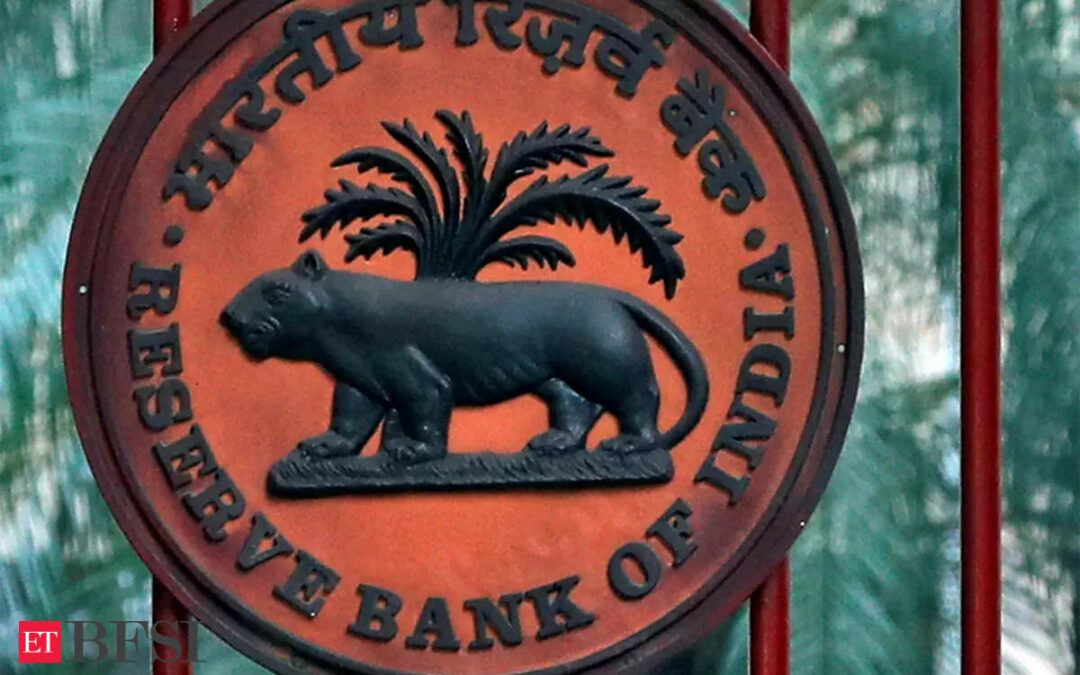The Reserve Bank of India (RBI) on Monday said that emerging technology has led to proliferation of fraudulent apps and mis-selling. Fintech firms still face significant challenges in counterparty credit risk assessment despite significant footprint expansion, the central bank said in its report on currency and finance.
“Digitalisation presents challenges related to cybersecurity, data privacy, data bias, vendor and third-party risks, and customer protection,” RBI Governor Shaktikanta Das wrote in the foreword to the report. “Additionally, emerging technologies can introduce complex products and business models with risks that users may not fully understand, including the proliferation of fraudulent apps and mis-selling through dark patterns.”
Dark patterns refer to deceptive practices that are designed to mislead users to do something they originally did not intend to do. Examples include compelling users to perform unrelated actions to proceed with intended purchases and creating a false sense of urgency to mislead users into making quick purchases.
The regulator also said that a large portion of the population lacks a formal credit history, making traditional scoring models less reliable.
Das added that regulatory and supervisory frameworks will have to scale up and become more sophisticated to navigate these complexities and future-proof the financial system.
“The goal is to balance effective regulation with fostering financial innovations in a safe, robust and trustworthy ecosystem,” he said.
Digital Expressway
India also leads the world with a 48.5% share in global real-time payments volume. India also leads global remittances with a value of US$ 115.3 billion. India is one of the top recipients of FinTech funding in recent years, with US$ 2.6 billion of flows in 2023.
Signalling risks pertaining to Big-Tech firms the regulator said that they could quickly become ‘too big to fail’ and dominate markets. It could become difficult for the regulator to assess risks because of their extensive group entities, interconnected activities and transnational presence.”Partnerships with incumbent firms can encourage excessive risk-taking, especially when BigTechs handle the customer-facing aspect of the value chain without assuming underwritten risks,” it said. “Collection of extensive data by BigTechs can be utilised to favour their own products, obtaining higher margins by making financial institutions’ access to prospective clients via their platforms, engaging in product bundling and cross-subsidising activities.
Funding Transparency
The RBI also said that the emergence of digital players with unreliable funding models accentuates vulnerability in the system and poses challenges for financial stability
“While the digital lending platforms and buy-now-pay-later (BNPL) services bolster consumer convenience, they also entail various costs, including exorbitant charges, coercive recovery practices and hidden fees.” RBI said.
In India, BNPL constitutes around 3% of total e-commerce finance by value. While BNPL is projected to grow every year by 74%, making it a US$ 56 billion market by 2026, the model has a high dependence on late fees to ensure profitability which could become predatory for customers.
The regulator also said that the use of extensive customer data by companies raises concerns. In India, three-fourths of the business-to-consumer (B2C) funded FinTech applications request permission to access camera, photo/media/files, location and storage for using applications.
The RBI also said that digitalisation has necessitated that regulators stay ahead of the financial innovation curve while balancing the complex trade-offs related to financial stability, competition and consumer protection.
“This will require enhancing the capacity of regulated entities and oversight authorities, updating legal and regulatory frameworks, engaging stakeholders to identify risks and expanding consumer education,” it said. “Regulations need to set boundaries to contain the irrational exuberance of participants and ensure a sound and robust set of institutions, thereby promoting financial stability.”
On the upside RBI said that a digitalised financial sector can enhance credit assessment, reduce default rates and broaden the access to finance. Incorporating alternative digital data, such as cash flow, telecom, utility, and social media sources and leveraging surrogate data allow creditors to comprehensively assess customers’ ability and willingness to repay loans and enable real-time credit monitoring.














